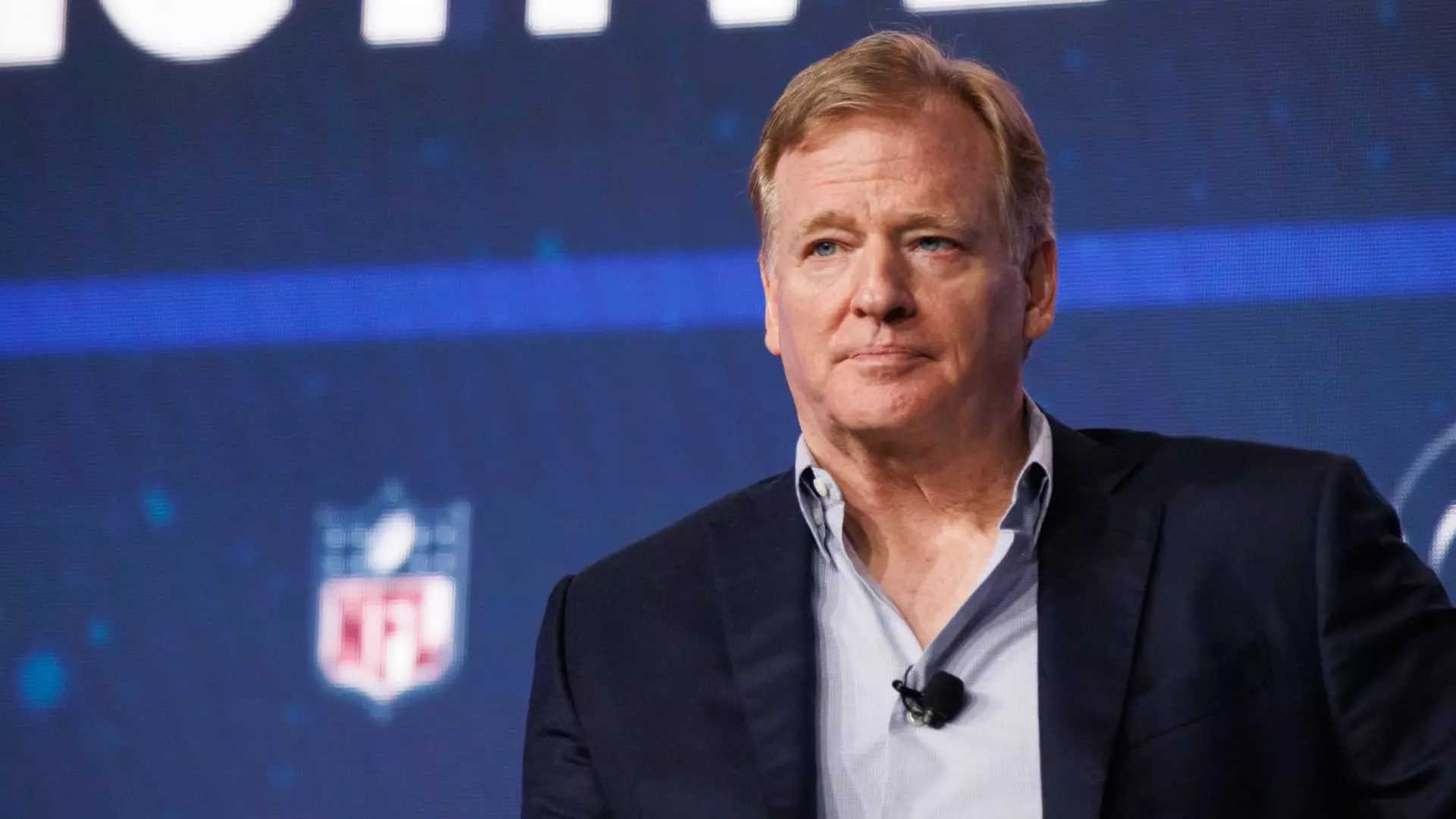The National Football League is currently in discussions regarding the possibility of allowing minority private equity ownership for its 32 teams. This move, proposed by Commissioner Roger Goodell, aims to reflect the evolving landscape of sports ownership. Goodell mentioned in an exclusive CNBC interview that there has been a significant amount of interest from private equity firms, and the league believes that allowing up to 10% ownership could complement existing ownership structures.
The NFL is targeting the end of the year to set new ownership policies, with the 10% cap on private equity ownership serving as a starting point. Goodell expressed openness to potentially raising this cap in the future. While other major U.S. sports leagues, such as the NBA, MLB, NHL, and MLS, already allow private equity ownership of up to 30%, the NFL has historically preferred individual or family ownership over institutional funds. However, rising franchise valuations have made team ownership increasingly exclusive, necessitating a reevaluation of ownership structures.
The influx of private equity into professional sports ownership comes with potential challenges. Private equity firms typically aim to maximize returns on investments, which may not always align with the long-term interests of a sports team or its fans. Additionally, minority stakes in sports teams often entail limited decision-making power, which could deter prospective investors accustomed to being active participants in their ventures. The reluctance of wealthy individuals to take on passive ownership roles highlights a key concern for the NFL as it navigates the possibility of incorporating private equity into team ownership.
Interestingly, the National Women’s Soccer League already permits private equity firms to assume majority control of franchise teams, a departure from the norms of other professional sports leagues in the U.S. This unique approach may offer insights into the potential impact of private equity incentives on team ownership dynamics. While allowing private equity investors could broaden the pool of potential stakeholders, it remains crucial to assess how their financial objectives may influence the strategic direction of sports franchises.
Private equity firms, renowned for their ability to identify lucrative investment opportunities, bring a different perspective to sports team ownership. Their focus on achieving investment targets and exit thresholds could introduce innovative strategies that reshape the traditional norms of sports ownership. By leveraging the financial expertise of private equity investors, the NFL may unlock new avenues for growth and sustainability across its teams.
The NFL’s deliberations on minority private equity ownership signify a potential shift in the landscape of professional sports ownership. While the introduction of private equity could address funding challenges and broaden ownership access, it also raises essential questions about decision-making authority and alignment of interests. As the league moves towards establishing updated ownership policies, careful consideration of the implications and trade-offs associated with private equity involvement will be critical in shaping the future of NFL team ownership.

